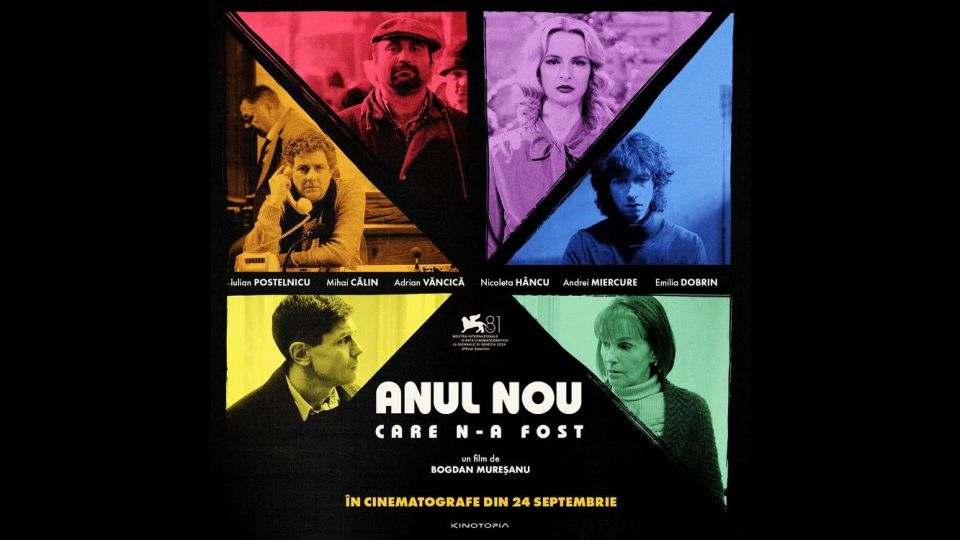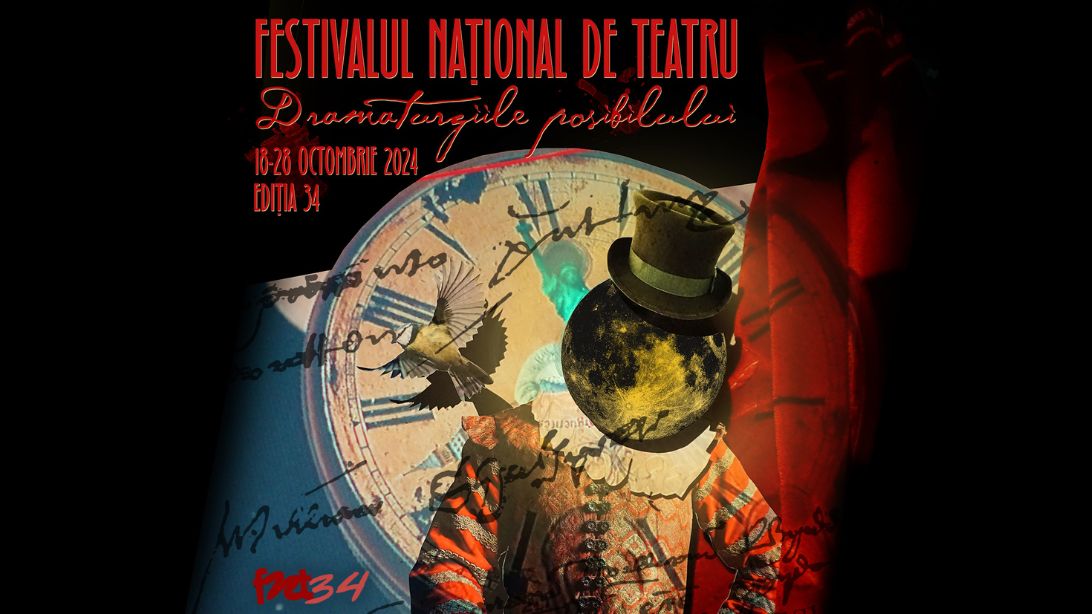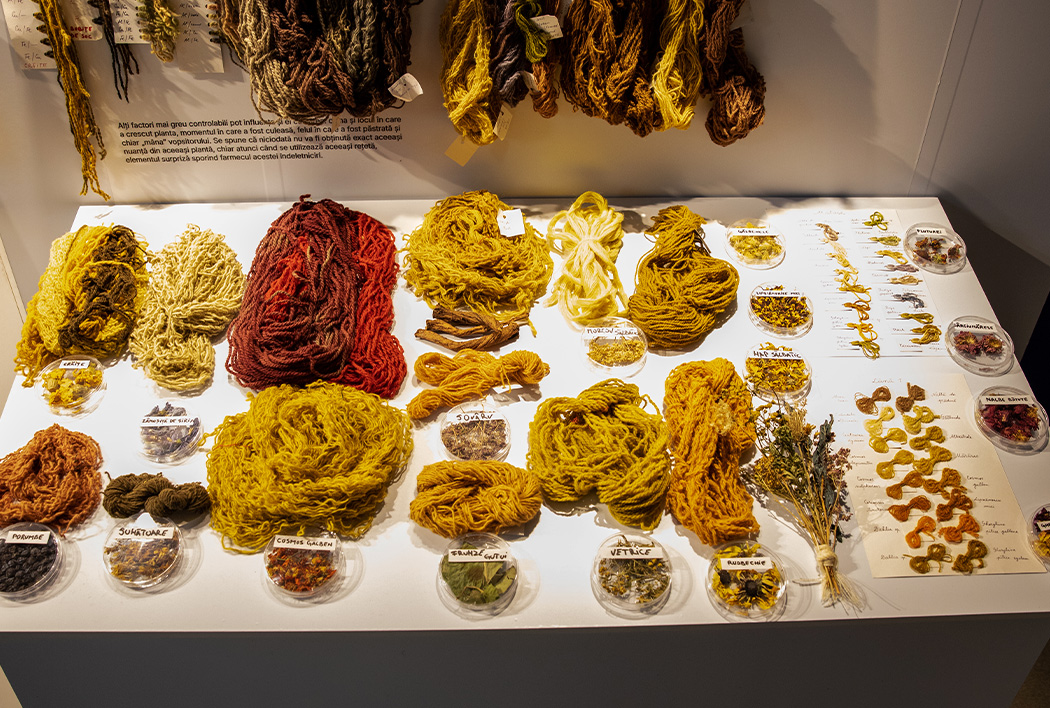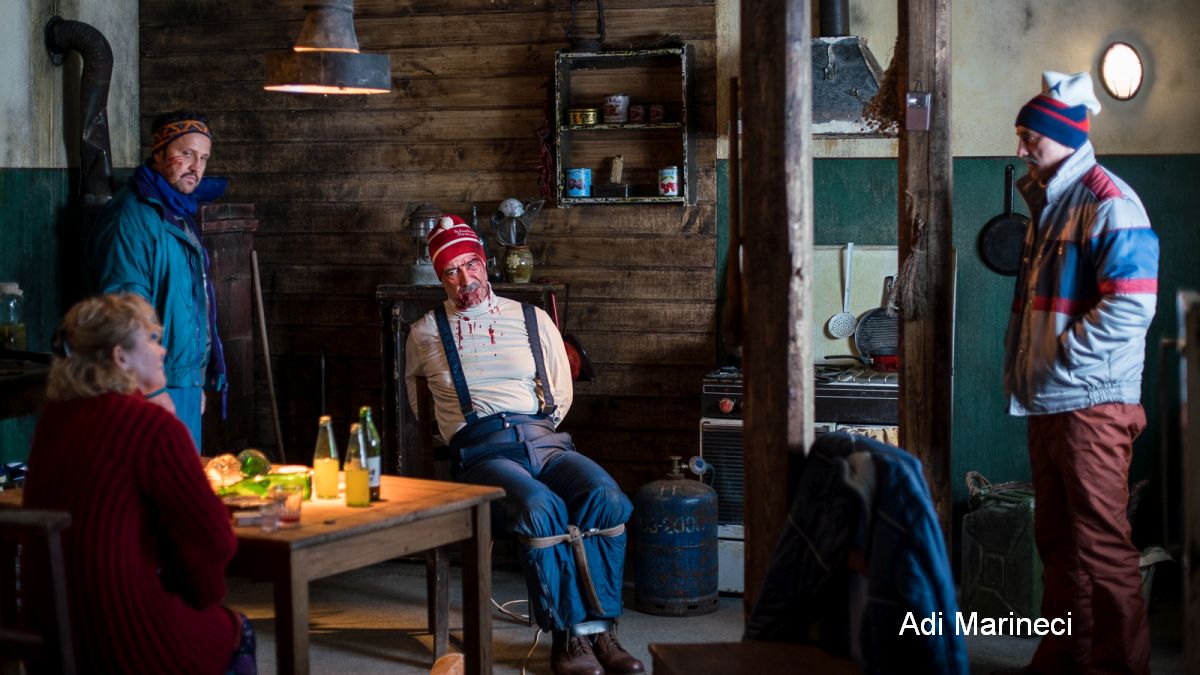Romania at the Paris Book Fair
The highlights of Romanias participation in the 34th edition of the Paris Book Fair.
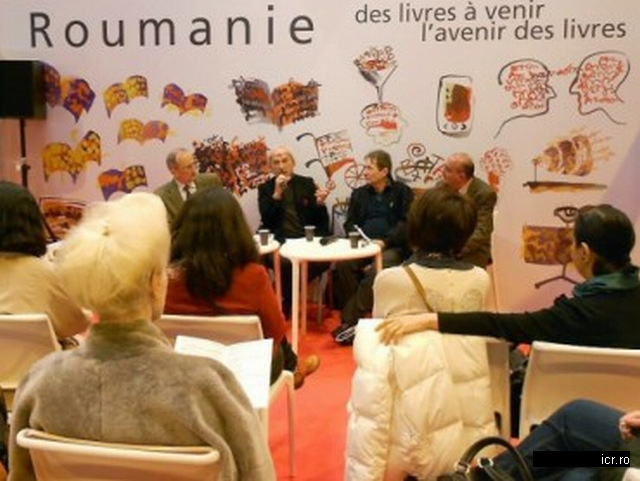
Corina Sabău, 12.04.2014, 14:02
The Romanian programme, themed “Future Books, the Future of Books”, included debates, book launches, and conferences with the participation of editors, writers, translators and journalists. No less than 22 writers attended the 34th edition of the Paris International Book Fair held between March 21st and 24th.
Romania’s stand held exciting debates such as “Avant-garde and Modernity”, “The Esoteric and the Sacred in Today’s World”, “Future Books, the Future of Books”, “French Books, Romanian Readers/Romanian Books, French Readers”, “Reality and Fiction in Sports, Another Kind of Writing” and “Contemporary Romanian Painters in France”.
Journalist and writer Adela Greceanu attended the event, and said she believed that Romania’s stand was animated, with a diverse programme, met with interest by foreign readers and journalists. Adela Greceanu:
“In the last five or six years, the fair has become once again one of the major events on the book market in Europe. This year, the guest of honour was Argentina, with an absolutely impressive stand, dominated by the Julio Cortazar experience, on the occasion of his birth centennial. For me, it was an extraordinary gift for Argentina to be guest of honour, allowing me to see exquisite photos of Julio Cortazar, and especially a book of notes for Hopscotch, exhibited in a glass case in the middle of the exhibition, which can be perused digitally. As for Romania’s presence, it was important for me to see Romanian books in stands other than the Romanian ones. My impression is that Romanian literature is better and better known. For instance, Gabriela Adamesteanu’s books were on the shelves of Gallimard Publishers, Razvan Radulescu’s The Life and Deeds of Ilie Cazane was on sale at the Zulma Publishers stand, while Actes Sud was selling Alexandru Vona’s novel Walled Up Windows.”
One debate that attracted a large audience was “Prospects for Moldova’s European Integration”, attended by Moldova’s ambassador to France, Oleg Serebrian, writer Gheorghe Erizanu, head of Cartier Publishers of Chisinau, historian Matei Cazacu and writer Emilian Galaicu Paun. Oleg Serebrian spoke about his country’s efforts to join the European Union:
“Starting in 2009, the process picked up speed. We achieved a lot, we signed the Free Trade Agreement, which was an important step for the Moldovan economy. The effects will only be felt in a few years’ time, and will be beneficial”.
In her turn, writer and journalist Adela Greceanu said:
“After the debate, I interviewed Emilian Galaicu Paun and I asked him about EU integration. He told me that it was very important for them that Romanian language writers from Moldova participated in the Romanian stand at the Paris Book Fair. For them, it is a recognition of the fact that they are already a part of Romanian literature, part of the European Union.”
Florica Ciodaru Courriol presented at the fair the French version of Marta Petreu’s book Home on the Fields of Armageddon, published by Polirom in 2011. L’Age d’Hommes Publishing House, which brought out the novel in Florica Ciodaru Courriol’s translation, is not at its first meeting with Romanian literature. They have already published at least four major Romanian writers. Florica Ciodaru Courriol told us about this novelty on the French market:
“I love the novel. It is a novel with autobiographical overtones, with passages that make the skin crawl, such as the father’s post-mortem. In short, it is the story of a family of Transylvanian peasants, spanning a century. In parallel with this story, we see the shaping of the young narrator, who has a lot of similarities with writer Marta Petreu. It is interesting for Westerners to see how a region of Romania had evolved before WWII. The novel describes how the Russians marched through Cluj, how the father deserted from the army, collectivisation, Marxist education in schools, the religious problems in Transylvania. In fact, Marta Petreu brings the narrative to our days, where she deplores the collapse of the economy and the wanton destruction of the environment. The novel has several layers, so it can be analysed from several points of view. In the foreword to the French edition I referred to it as a metaphysical novel.”
Florica Ciodaru Courriol told us her impressions on this edition of the Paris Book Fair:
“The Romanian events were great, especially after last year’s edition of the fair, when Romania was guest of honour, and was received with pomp. A lot of attention was granted to poetry, and I think that is good, because poetry is a lot of times neglected, both in Romania and in France. As for how Romanian literature is received in France, we are still awaiting the echoes.”
The Paris Book Fair is an event for both professionals of publishing and the public at large, and is the event most covered by the French press. After being a guest of honour in 2013, over 20 new novels were introduced to French readers, names that are already famous in Romania.

